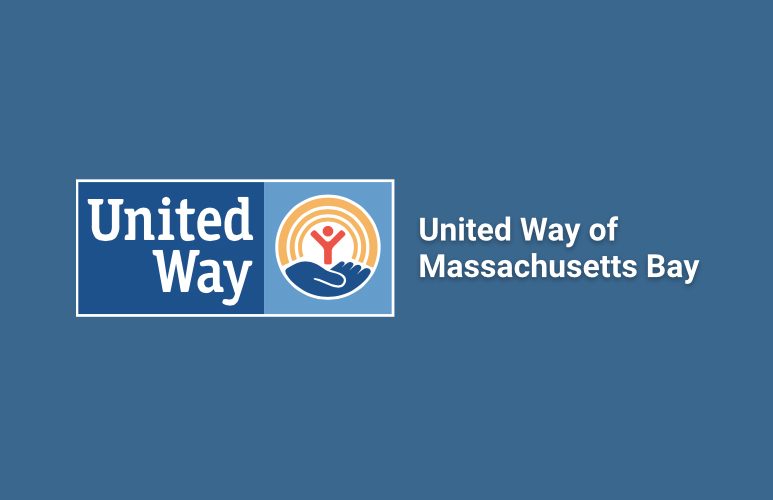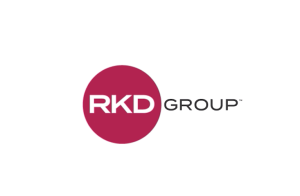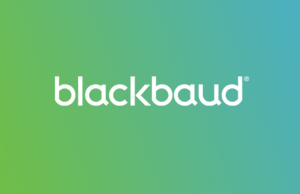United Way of Massachusetts Bay (UWMB) in Boston is embarking on a revamped $56 million grants program that will award $8 million per year in unrestricted grants during the next seven years to 124 community partners in the Boston area.
The approvals follow a major change in UWMB’s giving strategy that began with soliciting prospective grantees through an open application process that replaced the invitation-only process previously used to screen applicants. The seven-year timeline also expands UWMB’s previous policy of approving grants across three-year cycles.
Additional changes include an expansion from UWMB’s traditional focus on direct services to one that for the first time will include public policy work and systems change aimed at eradicating root causes of poverty and economic injustice. An example would be improving the structure of wraparound services for the chronically homeless to access other needs related to healthcare, job training, mental health and substance abuse counseling.
“This is a fundamental shift in the way that our United Way is working and it’s a path that I think we’re going to start to see other United Ways across the country follow,” UWMB President and CEO Bob Giannino told The NonProfit Times.
As in the past, grantees were chosen for their ability to address UWMB’s core mission areas of affordable housing, early childhood and primary education, economic empowerment and wealth-building, and teen education and career pathways. The seven-year grants program will be revisited midway through its implementation to assess progress across those areas and to allow for some tweaking as needed.
“This is a seven-year grants portfolio that we fully intend to carry for the next seven years,” Giannino said. “We felt we needed a longer-term arc for our work to ensure we had the right amount of time for us and our partners to dive in on these deeply intractable issues. Increasing our focus on multi-year gifts also helps our agency partners with long-term planning and is a more efficient process for us.”
Another change is the standardization of UWMB’s annual grant amounts to three categories of $50,000, $75,000 and $150,000. “We’ve raised the floor and lowered the ceiling,” said Giannino, who explained that the change was made to broaden the number of grantees and increase the potential impact of each individual grant.
Applications were submitted by 382 nonprofits, which were preliminarily screened by UWMB staff and whittled down to 220 semifinalists. A team of UWMB staff and community partners conducted the final evaluations according to criteria that included alignment with UWMB’s core mission areas, implementation of best strategies and practices related to those areas, and geographic alignment with UWMB’s service area with emphasis on 12 priority communities in the Boston area where the greatest numbers of people experiencing poverty reside.
UWMB leaders will track the success of their giving strategy according to metrics that will include the percentage of households with at least $2,000 in emergency savings, the percentage of households spending 50% or more of their income on housing, and the percentage of youth aged 16-24 who are not in school or working. The results will be used to assess progress toward narrowing the wealth gap and increasing residents’ overall satisfaction with their financial well-being.
The changed approach reflects what Giannino said is a philosophy of leaning more into the voices of those directly impacted by his group’s work. “This started with our interviewing hundreds of community members across our footprint to get a sense of how they think about prosperity, what are the kinds of supports that have worked for them and their families and neighbors in times of need, and what they would like to see in a newly imagined United Way,” Giannino said. “We’ve taken that data and baked it into our strategy, which at its core moving forward will involve engaging and anchoring in the voices and lived experiences of the people in our communities.”











